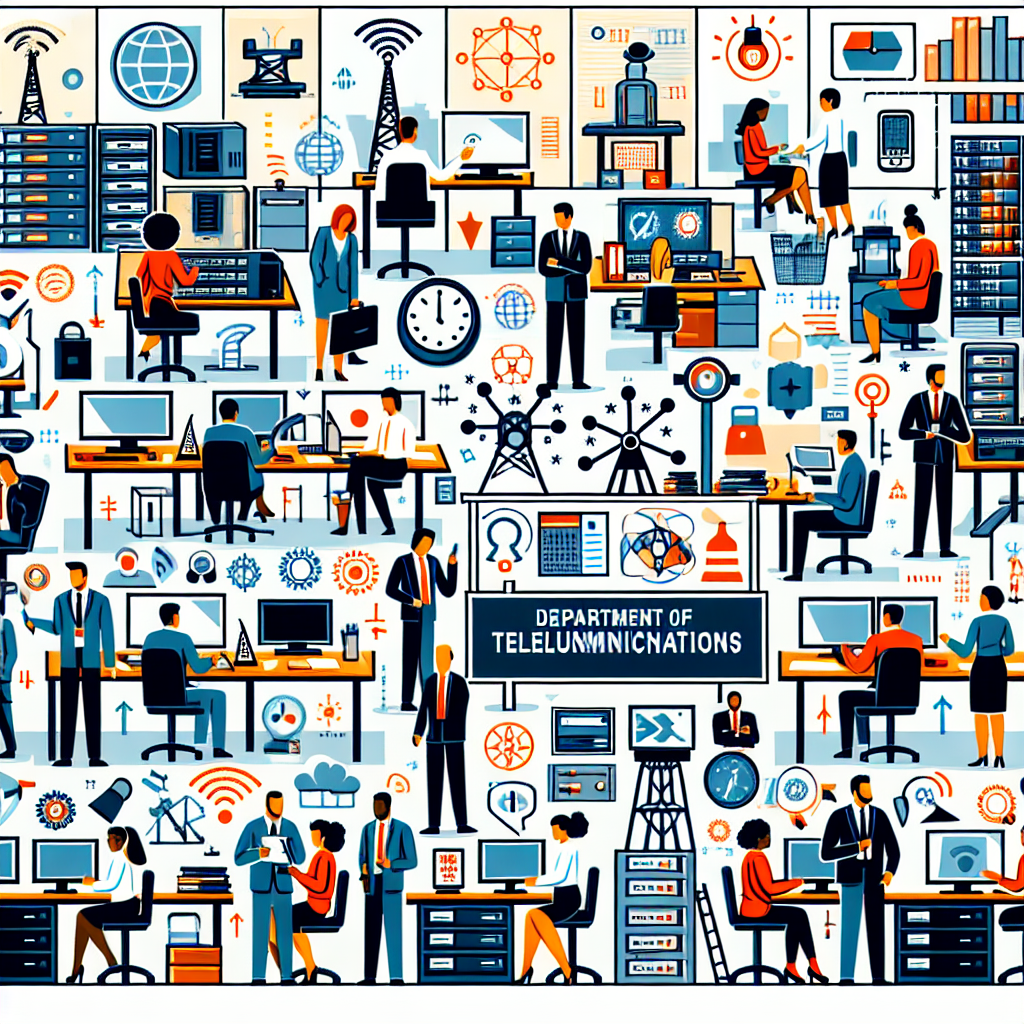New Telecom Authorisation Regime: A Deep Dive into Draft Rules
The Department of Telecommunications in India has introduced draft rules for main telecommunication services under the authorisation regime defined by the Telecom Act 2023. The new rules are optional and establish a framework for service providers to transition from traditional licensing. Key aspects include security measures, migration requirements, and satellite communication protocols.

- Country:
- India
The Department of Telecommunications (DoT) has released draft rules aiming to redefine the landscape of main telecommunication services under the 2023 Telecom Act's authorisation regime. This marks a significant shift, offering telecommunication companies the choice to adopt either the traditional licensing framework or the new authorisation route.
The scope of the draft rules primarily concerns the provision of main telecommunication services. This includes essential services such as unified service, access service, internet service, and long-distance services. The authorisation, valid for 20 years, outlines the migration process for existing licensees wishing to transition to the authorisation model.
The draft rules also address stringent security conditions. They mandate authorised entities to integrate lawful interception systems with central monitoring structures before launching services. Additionally, for satellite communications, the rules ensure that traffic does not bypass domestic satellite gateways by mandating infrastructure compliance and prohibiting overseas routing.










